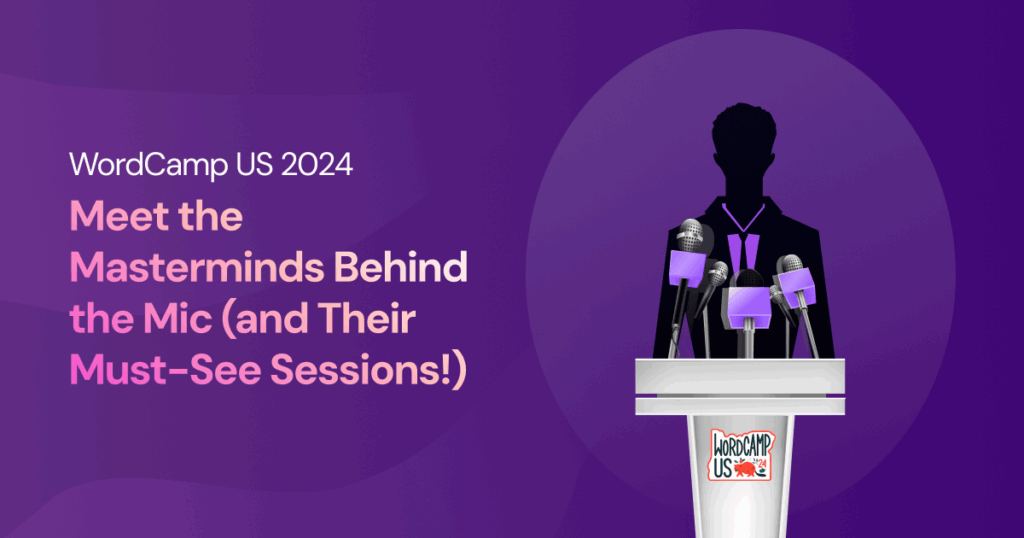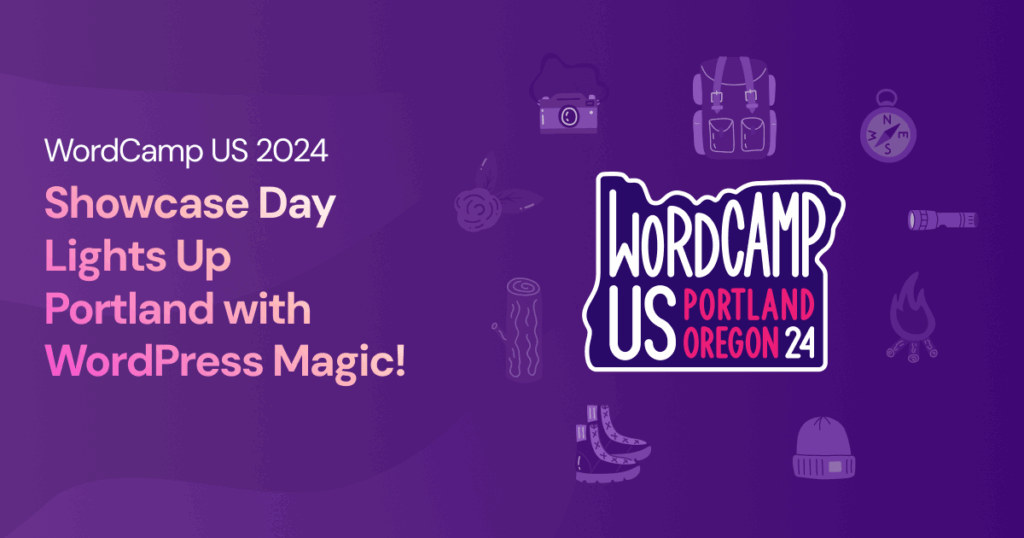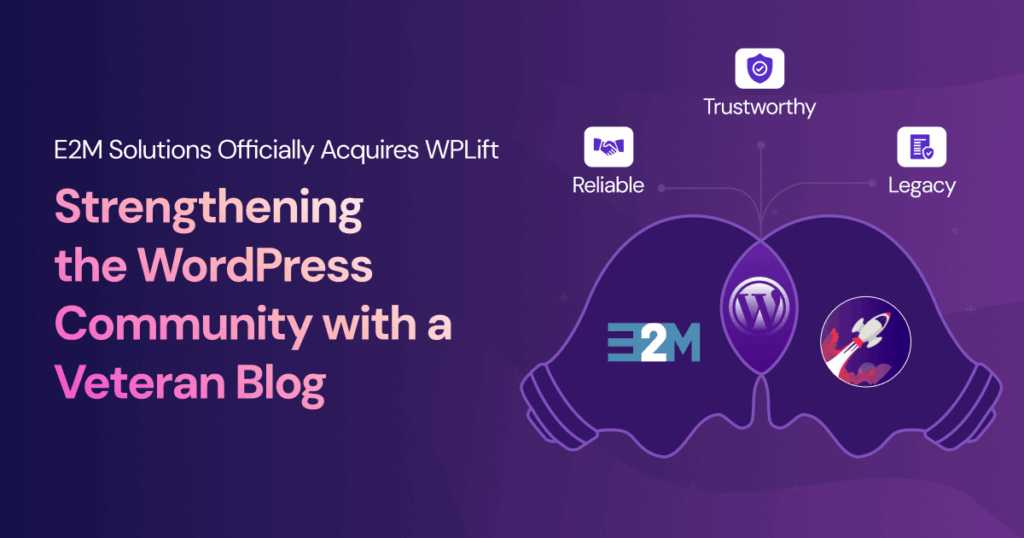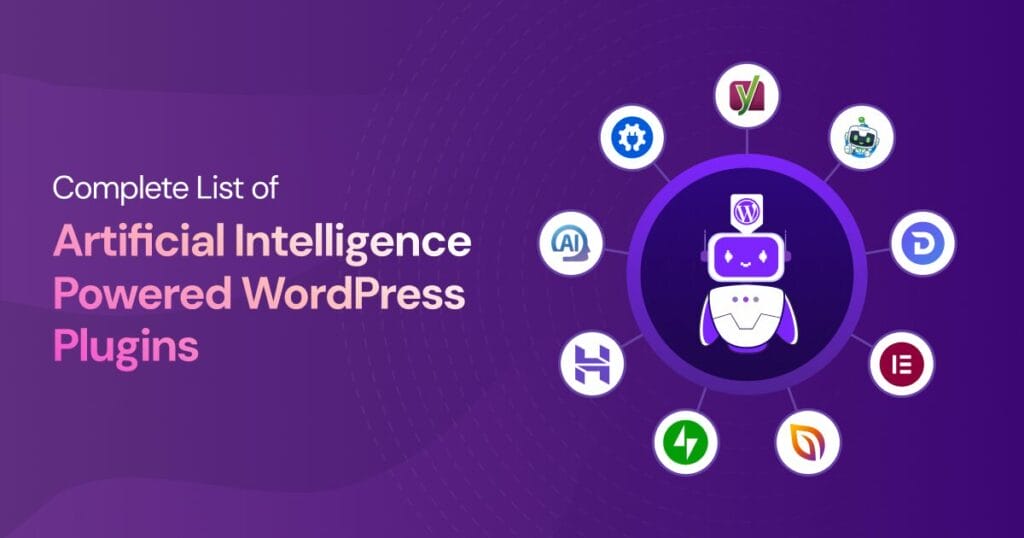 Ever spent hours manually syncing WordPress users with Mailchimp, only to find your lists out of sync a week later? I’ve been there. Between managing multiple user roles, tracking membership changes, and keeping your Mailchimp tags in sync, it can feel like a constant juggling act. That’s why Simple Mailchimp Sync caught my attention. It’s [...]
Ever spent hours manually syncing WordPress users with Mailchimp, only to find your lists out of sync a week later? I’ve been there. Between managing multiple user roles, tracking membership changes, and keeping your Mailchimp tags in sync, it can feel like a constant juggling act. That’s why Simple Mailchimp Sync caught my attention. It’s [...]
The post Simple Mailchimp Sync Review: Streamline Your WordPress-Mailchimp Workflow appeared first on Learn WordPress with WPLift.
 Matt Mullenweg is set to present his State of the Word address live from Tokyo, Japan on December 16, 2024, and if the last few months are anything to go by, it’s likely to be his most explosive and talked-about yet. Source: Wikimedia CommonsAttiribution: Cmichel67, CC BY-SA 4.0 <https://creativecommons.org/licenses/by-sa/4.0>, via Wikimedia Commons Why 2024 Will
Matt Mullenweg is set to present his State of the Word address live from Tokyo, Japan on December 16, 2024, and if the last few months are anything to go by, it’s likely to be his most explosive and talked-about yet. Source: Wikimedia CommonsAttiribution: Cmichel67, CC BY-SA 4.0 <https://creativecommons.org/licenses/by-sa/4.0>, via Wikimedia Commons Why 2024 Will  WordPress may be the web’s leading Content Management System, but the one thing it lacks is in-built eCommerce features. Thankfully, there is a solution in the form of these top WordPress plugins for eCommerce success. Whether you’re looking to launch your first online store or take your current eCommerce business to the next level, these
WordPress may be the web’s leading Content Management System, but the one thing it lacks is in-built eCommerce features. Thankfully, there is a solution in the form of these top WordPress plugins for eCommerce success. Whether you’re looking to launch your first online store or take your current eCommerce business to the next level, these  They say that the only constant in life is change, and it can certainly feel that way when your WordPress company is acquired. One minute, everything is ticking along like normal, the next, you’re part of an entirely new and much bigger family, finding yourself in the midst of a ‘settling in’ phase that brings
They say that the only constant in life is change, and it can certainly feel that way when your WordPress company is acquired. One minute, everything is ticking along like normal, the next, you’re part of an entirely new and much bigger family, finding yourself in the midst of a ‘settling in’ phase that brings  What we know so far about Matt Mullenweg’s issues with WP Engine, the WordPress hosting provider’s response, and our personal take on the whole messy situation. On Friday evening, September 20, WordPress founder and Automattic CEO Matt Mullenweg took to the stage for a hotly anticipated Q&A session at WordCamp US, the biggest WordPress community
What we know so far about Matt Mullenweg’s issues with WP Engine, the WordPress hosting provider’s response, and our personal take on the whole messy situation. On Friday evening, September 20, WordPress founder and Automattic CEO Matt Mullenweg took to the stage for a hotly anticipated Q&A session at WordCamp US, the biggest WordPress community  WordCamp US 2024 is right around the corner, and this year’s list of speakers is bigger and more impressive than ever. Taking place over three days from September 17–20 at the Oregon Convention Center in vibrant Portland, Oregon, the annual WordPress community gathering boasts a jam-packed schedule full of unmissable demonstrations, presentations, and workshops. With
WordCamp US 2024 is right around the corner, and this year’s list of speakers is bigger and more impressive than ever. Taking place over three days from September 17–20 at the Oregon Convention Center in vibrant Portland, Oregon, the annual WordPress community gathering boasts a jam-packed schedule full of unmissable demonstrations, presentations, and workshops. With  WordCamp US is back and this year, it’s bigger than ever. Taking place in the vibrant city of Portland, Oregon, the annual WordPress community event has expanded from two days to three, incorporating a brand new ‘Showcase Day’ where some of the biggest brands in the world share their experiences with the web’s leading Content
WordCamp US is back and this year, it’s bigger than ever. Taking place in the vibrant city of Portland, Oregon, the annual WordPress community event has expanded from two days to three, incorporating a brand new ‘Showcase Day’ where some of the biggest brands in the world share their experiences with the web’s leading Content  As a brand that prides itself on serving as your trusted source for WordPress news, it’s not every day that we get to share a little news about ourselves. Today’s different. Today, we get to proudly announce that WPLift is now an official part of the E2M Solutions family. This is an exciting step forward
As a brand that prides itself on serving as your trusted source for WordPress news, it’s not every day that we get to share a little news about ourselves. Today’s different. Today, we get to proudly announce that WPLift is now an official part of the E2M Solutions family. This is an exciting step forward  Looking to elevate your WordPress site’s user experience or simplify those tedious behind-the-scenes tasks? We’ve got you covered with the ultimate list of AI plugins. Over the past year, we’ve seen an influx of new AI-powered tools infiltrating the plugin market, many of which offer new and creative ways to harness machine learning and AI
Looking to elevate your WordPress site’s user experience or simplify those tedious behind-the-scenes tasks? We’ve got you covered with the ultimate list of AI plugins. Over the past year, we’ve seen an influx of new AI-powered tools infiltrating the plugin market, many of which offer new and creative ways to harness machine learning and AI  Here’s your ultimate collection of WordPress cheat sheets for 2024, designed to save you time when building your next project. Whether you’re a designer or developer, these 8 cheat sheets ensure that you’ll never again have to break out the Google-Fu when some small yet utterly vital piece of information escapes your mind. Below, you’ll
Here’s your ultimate collection of WordPress cheat sheets for 2024, designed to save you time when building your next project. Whether you’re a designer or developer, these 8 cheat sheets ensure that you’ll never again have to break out the Google-Fu when some small yet utterly vital piece of information escapes your mind. Below, you’ll